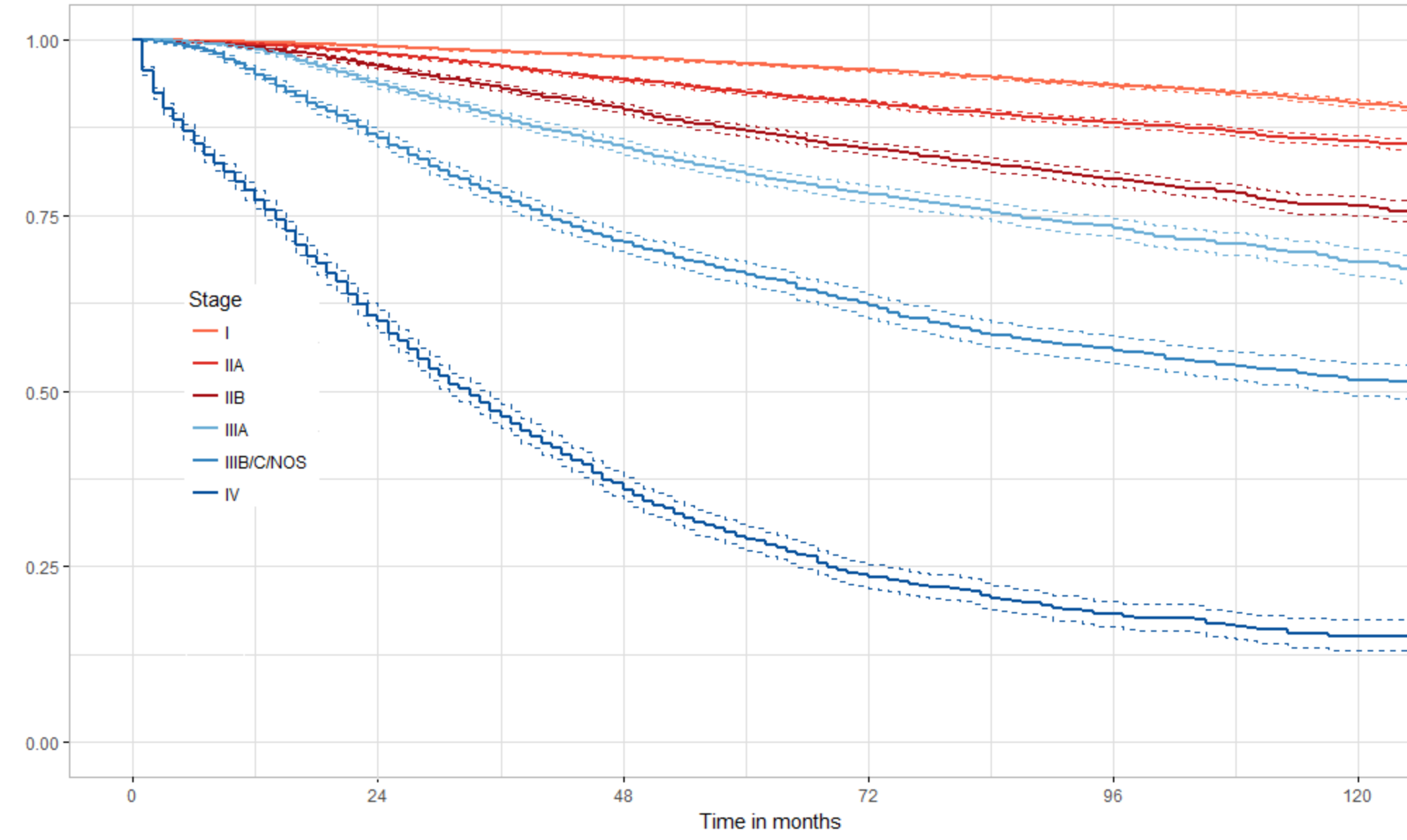Because of some recent plane travel and a conference at a golf resort (I don’t play golf) I had some down time in which to catch up with my reading. I had been working on The Gene: An Intimate History, by Dr. Siddhartha Mukherjee. It is a 600 + page epic which means it does not travel well in its native, paper form. Actually, that is the worst thing I can say about it.
The book takes a deep, wide look at the history of genetics from the very beginning of man’s study of heredity (yes, there are pea plants) to the damaging social effects of mid-century eugenics. What I found eye-opening here was the widespread enthusiasm in America for eugenics by forced sterilization at the time. This was illustrated by the famous Buck vs. Bell case where none other than the luminary judge Oliver Wendell Holmes ruled that the forced sterilization of the “weak minded” was permissible and did not violate the 14th Amendment.
This was one of a few chapters in the book that dealth with the wider social impact of heredity and genetics. Mostly, though the book is concerned with the history of scientific discoveries. Considerable time is spend with Mendel, Darwin, Crick, Watson, Franklin, and Berg as well as modern-day innovators like Venter, Collins and Doudna (developer of the CRISPR-Cas9 technology).
The overall tone of the book is one of cautious optimism, but it does not fail to point out significant concerns about the under-regulated use of CRISPR on human fetal tissue or germ cells. The author also points out that genomic science is still in its infancy, and that the complex interplay of multiple genes in disease is as yet poorly understood.
Overall, I found this to be a riveting look at nearly all aspects of genetics. It is, perhaps a difficult read for those without a background in science or medicine – but only for a few particularly dense pages.

